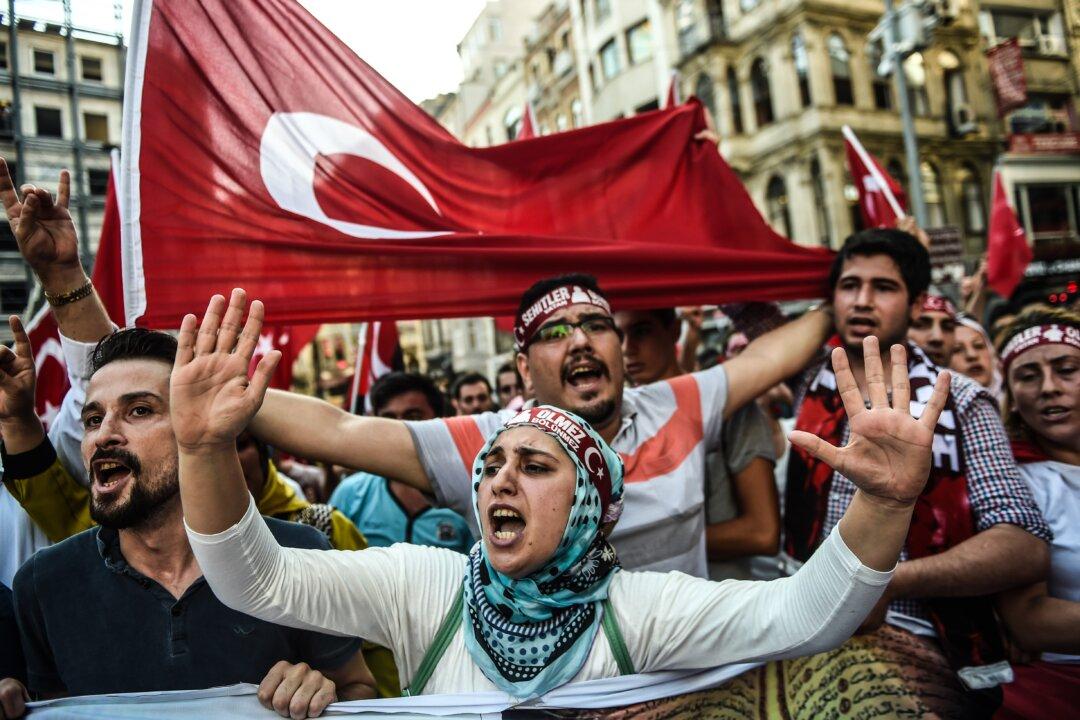Focus
Selahattin Demirtaş
LATEST
Turkey No Longer a Democratic Model for the Middle East
Turkey was expected to offer a democratic model for other Muslim nations in the Middle East. Instead, the country under President Recep Erdogan is displaying familiar authoritarian tendencies, with the Kurdish minority as a special target. “The parliament’s May 20 decision to approve an amendment to the Constitution to strip a select group of MPs, many from the predominantly Kurdish HDP, of immunity from prosecution may be the last nail in the coffin of the Turkish democratic experiment,” explains Mohammed Ayoob, author and professor emeritus of international relations at Michigan State University. “This amendment sponsored by the ruling AKP was passed with the help of ultra-nationalist MHP members viscerally opposed to any concession to Kurdish demands.” Refusal to work with the Kurds has divided the ruling AKP Party with the resignation of Prime Minister Ahmet Davutoglu. Turkish policies, including attempts to neutralize Kurds’ political power and target Kurdish fighters along the Syrian-Turkish border rather than the Islamic State, are eroding the nation’s regional and international standing.
|
Turkey: Erdogan Is Forcing His People to Take Sides
Polarization has been a problem for Turkey for a long time. But now, the division between the ruling party’s supporters and its rivals is one of the country’s biggest fissures.
|
Turkey No Longer a Democratic Model for the Middle East
Turkey was expected to offer a democratic model for other Muslim nations in the Middle East. Instead, the country under President Recep Erdogan is displaying familiar authoritarian tendencies, with the Kurdish minority as a special target. “The parliament’s May 20 decision to approve an amendment to the Constitution to strip a select group of MPs, many from the predominantly Kurdish HDP, of immunity from prosecution may be the last nail in the coffin of the Turkish democratic experiment,” explains Mohammed Ayoob, author and professor emeritus of international relations at Michigan State University. “This amendment sponsored by the ruling AKP was passed with the help of ultra-nationalist MHP members viscerally opposed to any concession to Kurdish demands.” Refusal to work with the Kurds has divided the ruling AKP Party with the resignation of Prime Minister Ahmet Davutoglu. Turkish policies, including attempts to neutralize Kurds’ political power and target Kurdish fighters along the Syrian-Turkish border rather than the Islamic State, are eroding the nation’s regional and international standing.
|
Turkey: Erdogan Is Forcing His People to Take Sides
Polarization has been a problem for Turkey for a long time. But now, the division between the ruling party’s supporters and its rivals is one of the country’s biggest fissures.
|


